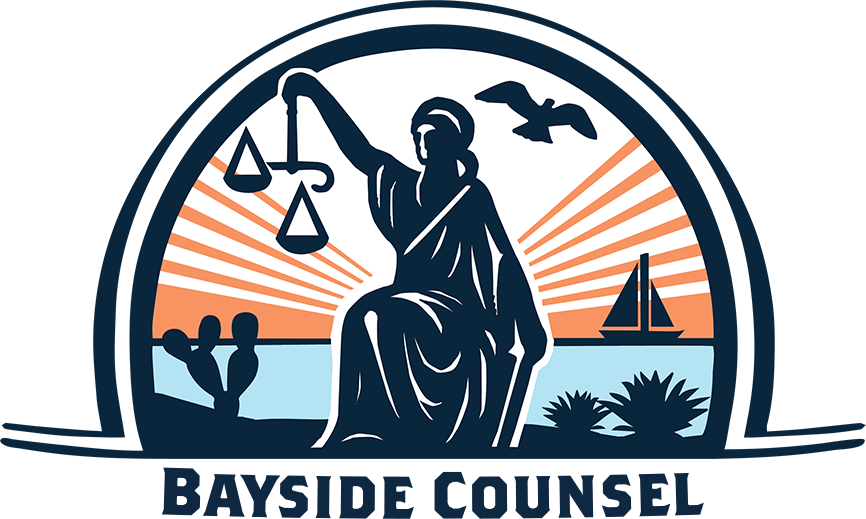As a small business owner, your ideas, innovations, and creative works are likely your most valuable assets. Protecting these intangible assets through intellectual property rights is crucial for maintaining a competitive edge and preventing others from unfairly profiting from your hard work.
Intellectual property (IP) refers to creations of the mind, such as inventions, literary and artistic works, symbols, names, images, and designs used in commerce. There are several types of IP protection available to small business owners, each serving a different purpose.
Trademarks
A trademark is a word, phrase, symbol, or design that distinguishes the source of goods or services from others in the marketplace. Registering a trademark with the United States Patent and Trademark Office (USPTO) gives you the exclusive right to use that mark in connection with the goods or services specified in your registration.
For small businesses, trademarks are essential for building brand recognition and preventing consumer confusion. By registering your business name, logo, or product names as trademarks, you can legally prevent competitors from using similar marks that could mislead customers.
Copyrights
Copyrights protect original works of authorship, such as literary works, computer software, architectural designs, and artistic creations. Unlike trademarks, copyrights do not require registration to exist, but registration with the U.S. Copyright Office provides additional legal benefits and makes it easier to enforce your rights.
Small businesses should consider registering copyrights for their website content, marketing materials, software, and any other original works created by employees or contractors. This can prevent others from reproducing or distributing your copyrighted works without permission.
Patents
Patents are granted by the USPTO for new and useful inventions, such as products, processes, or improvements to existing technology. Patents give the inventor the right to exclude others from making, using, or selling the patented invention for a limited period of time, typically 20 years from the filing date.
While obtaining a patent can be a complex and costly process, it may be worthwhile for small businesses that have developed innovative products or processes that provide a competitive advantage in the market.
Trade Secrets
Trade secrets are confidential business information that derive economic value from not being generally known or readily ascertainable by others. This can include formulas, recipes, manufacturing processes, customer lists, and other proprietary information.
Small businesses can protect their trade secrets through non-disclosure agreements (NDAs) with employees, contractors, and business partners. NDAs legally bind the recipient from disclosing or misusing the confidential information.
Strategies for Protecting Your Intellectual Property
In addition to formally registering your IP rights, there are several proactive steps small business owners can take to safeguard their intellectual property:
- Conduct IP audits to identify and catalog your valuable IP assets.
- Implement confidentiality and non-disclosure policies for employees and third parties.
- Use proper notices and legends (e.g., ©, ®, ™) to assert your IP rights.
- Monitor the market for potential infringement and take swift legal action when necessary.
- Consider obtaining IP insurance to protect against legal costs and potential losses.
Don’t leave your most valuable assets exposed. Contact a San Diego small business attorney at Bayside Counsel today to get the legal help you need to protect your valuable ideas, innovations, and creative works from competitors and potential infringers.
